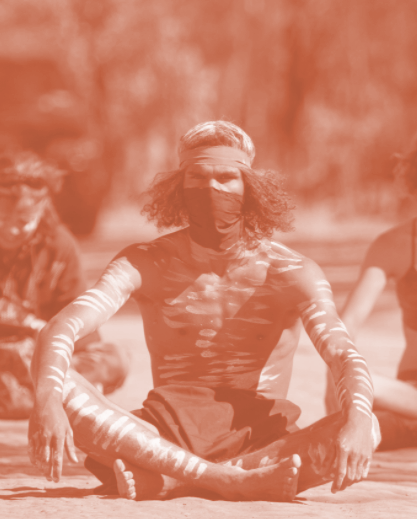COVID ripples in Aboriginal areas
 Aboriginal community members from New South Wales have shared their experiences and perspectives on the indirect impacts of COVID-19 in their communities.
Aboriginal community members from New South Wales have shared their experiences and perspectives on the indirect impacts of COVID-19 in their communities.
“Before COVID-19, Aboriginal people faced health disadvantages and inequitable access to health care,” the group of 12 Aboriginal community members wrote in an article for the Medical Journal of Australia.
“Any decrease in health care access for Aboriginal peoples through missed, delayed or avoided health care may lead to further adverse health outcomes and inequities.”
The authors, who came from Eora, Wilyakali, Bundjalung, Yuin and Gumbaynggirr lands, came together for three sessions a week apart between 24 August and 1 September 2020.
They identified three major themes, beginning with the way their communities were driven to support each other.
“Mob are proud of how they are keeping each other safe … The provision of our health care, along with the provision of our social and emotional wellbeing, has changed,” the authors state.
“Connectivity is the main ingredient for our mob to stay healthy. This is the biggest barrier.”
They also reflected on the major social determinants of health.
“Some communities are being hit hard. To give a raw example, people are being refused medical treatment and are driving 600 to 800km just to get any sort of medication or treatment around their health,” the authors stated.
They also drew attention to issues with access to health care.
“When we look at the provision of health care for our mob, one of the biggest barriers is having to sit in front of a computer.. and talk to a computer, rather than a human connection. Our mob like to connect and have a yarn.”
Mental health care emerged as a major concern too.
“The recent drought, bushfires and now COVID-19 are compounding risk factors for mental health issues and suicide,” they wrote.
“There is concern that some government measures to control the spread of COVID-19 are triggering for mob - especially for those with trauma histories.
“Our view is that drawing on the lived experience and realities of Aboriginal peoples, taking firm action on the social determinants of health and working collaboratively with Aboriginal peoples and communities is the most effective way to address the indirect impacts of COVID-19,” they concluded.








 Print
Print